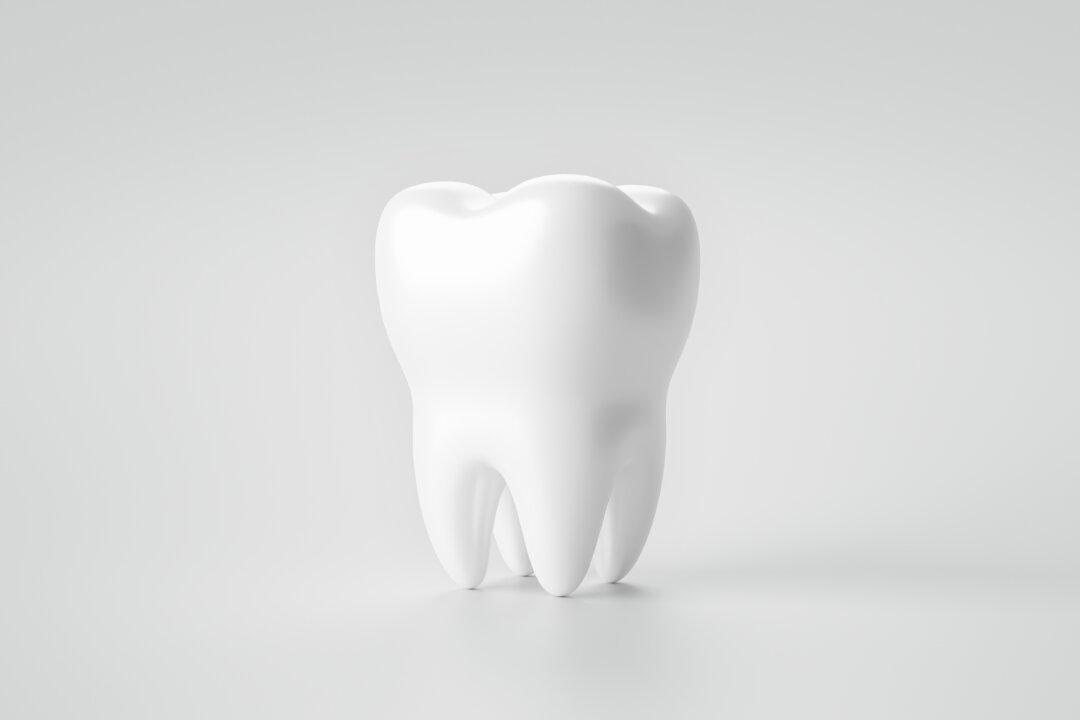For people over 50, poor sleep has been linked to more negative perceptions of aging, which can impact mental, physical, and cognitive health. A new study led by the University of Exeter found that middle-aged people who rated their sleep the worst also felt older and had a lower image of their own physical and mental aging.
Researchers analyzed 4,482 people aged 50 and over who were part of the PROTECT study. This innovative online study includes participants who take regular cognitive tests and complete lifestyle questionnaires.





